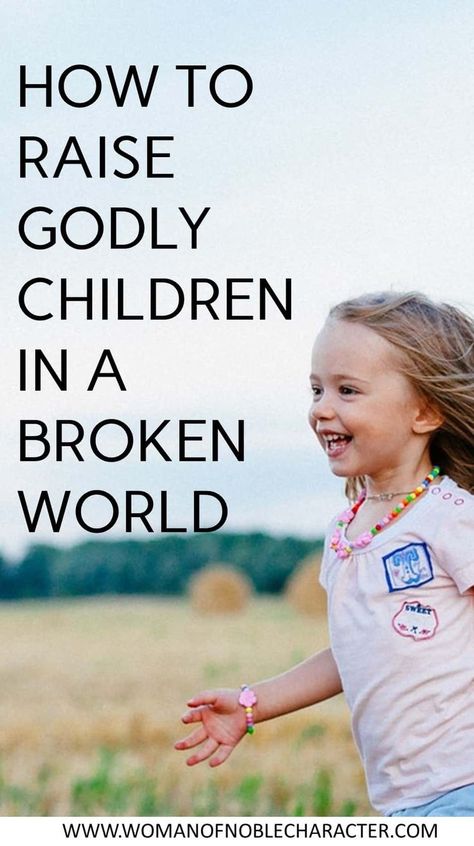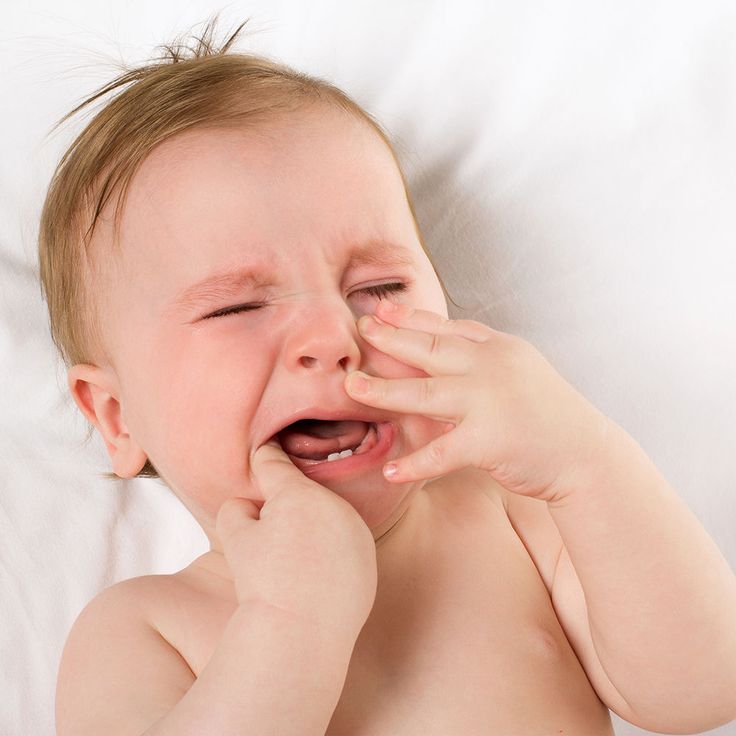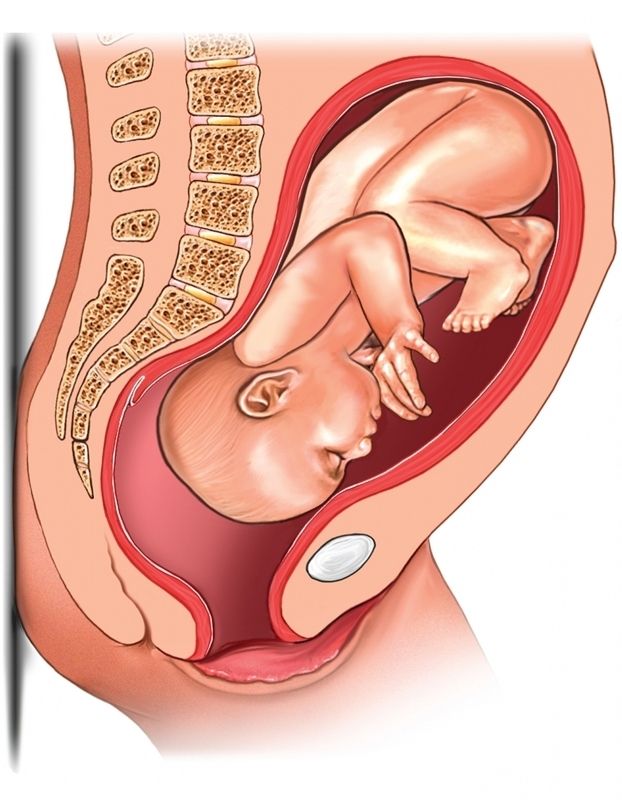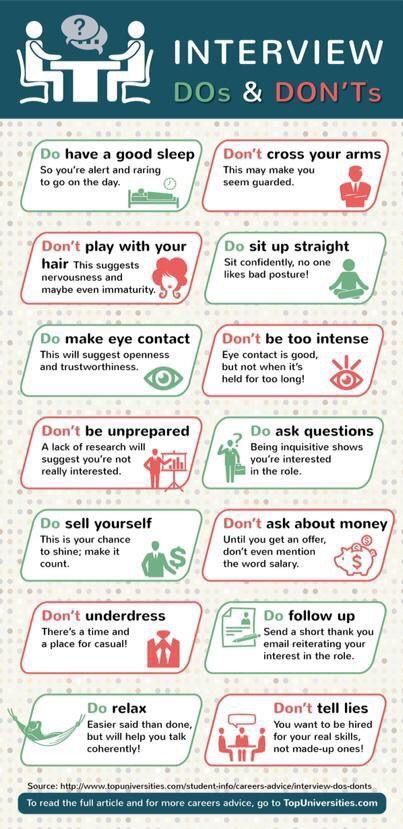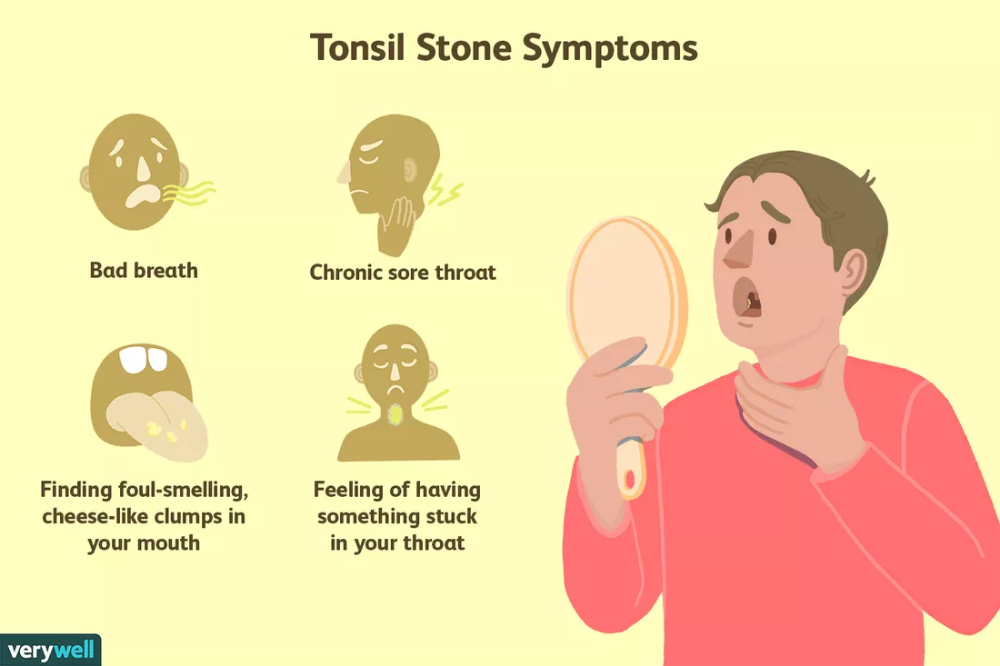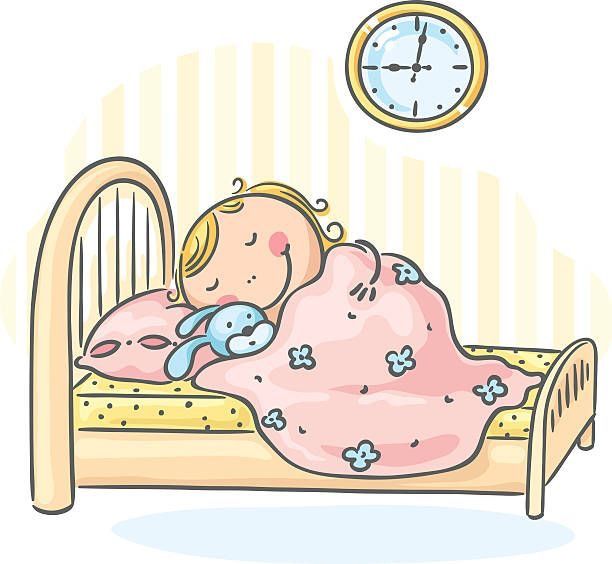How to raise a child with add
Parenting Tips for ADHD: Do’s and Don’ts
Parenting tips for ADHD
Raising a child with ADHD isn’t like traditional childrearing. Normal rule-making and household routines can become almost impossible, depending on the type and severity of your child’s symptoms, so you’ll need to adopt different approaches. It can become frustrating to cope with some of the behaviors which result from your child’s ADHD, but there are ways to make life easier.
Parents must accept the fact that children with ADHD have functionally different brains from those of other children. While children with ADHD can still learn what is acceptable and what isn’t, their disorder does make them more prone to impulsive behavior.
Fostering the development of a child with ADHD means that you will have to modify your behavior and learn to manage the behavior of your child. Medication may be the first step in your child’s treatment. Behavioral techniques for managing a child’s ADHD symptoms must always be in place. By following these guidelines, you can limit destructive behavior and help your child overcome self-doubt.
There are two basic principles of behavior management therapy. The first is encouraging and rewarding good behavior (positive reinforcement). The second is removing rewards by following bad behavior with appropriate consequences, leading to the extinguishing of bad behavior (punishment, in behaviorist terms). You teach your child to understand that actions have consequences by establishing rules and clear outcomes for following or disobeying these rules. These principles must be followed in every area of a child’s life. That means at home, in the classroom, and in the social arena.
Decide ahead of time which behaviors are acceptable and which are not
The goal of behavioral modification is to help your child consider the consequences of an action and control the impulse to act on it. This requires empathy, patience, affection, energy, and strength on the part of the parent.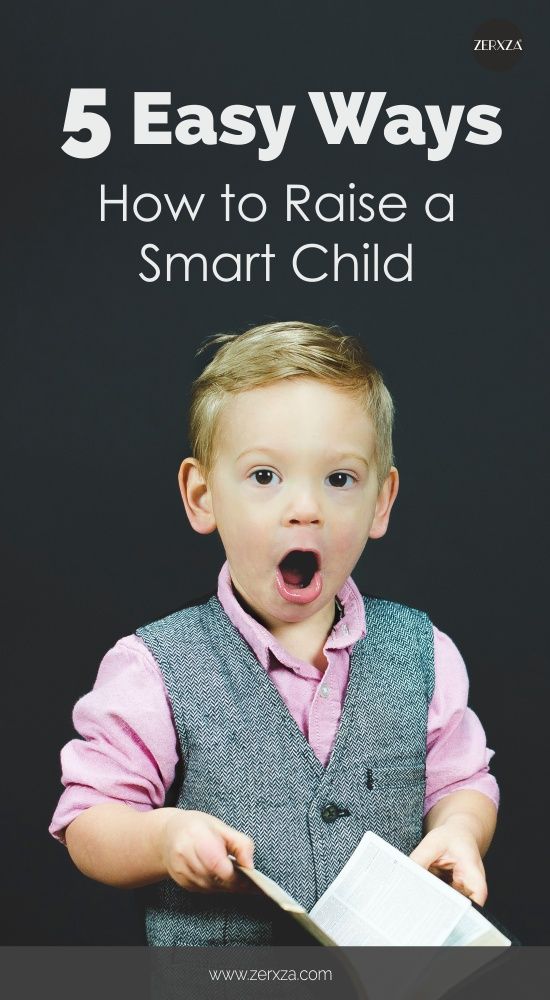 Parents must first decide which behaviors they will and won’t tolerate. It’s crucial to stick to these guidelines. Punishing a behavior one day and allowing it the next is harmful to a child’s improvement. Some behaviors should always be unacceptable, like physical outbursts, refusal to get up in the morning, or unwillingness to turn off the television when told to do so.
Parents must first decide which behaviors they will and won’t tolerate. It’s crucial to stick to these guidelines. Punishing a behavior one day and allowing it the next is harmful to a child’s improvement. Some behaviors should always be unacceptable, like physical outbursts, refusal to get up in the morning, or unwillingness to turn off the television when told to do so.
Your child may have a hard time internalizing and enacting your guidelines. Rules should be simple and clear, and children should be rewarded for following them. This can be accomplished using a points system. For example, allow your child to accrue points for good behavior that can be redeemed for spending money, time in front of the TV, or a new video game. If you have a list of house rules, write them down and put them where they’re easy to see. Repetition and positive reinforcement can help your child better understand your rules.
Define the rules, but allow some flexibility
It’s important to consistently reward good behaviors and discourage destructive ones, but you shouldn’t be too strict with your child.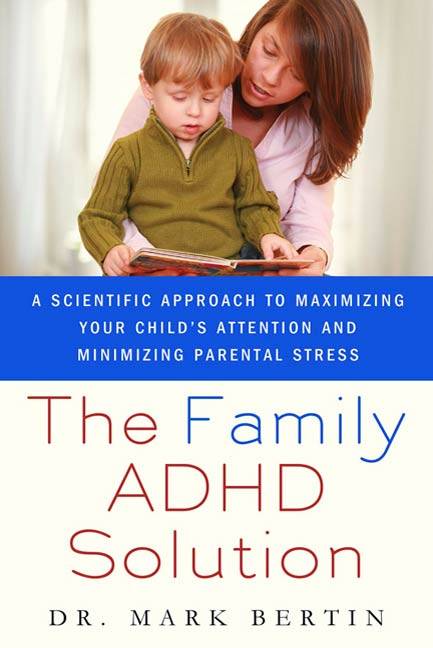 Remember that children with ADHD may not adapt to change as well as others. You must learn to allow your child to make mistakes as they learn. Odd behaviors that aren’t detrimental to your child or anyone else should be accepted as part of your child’s individual personality. It’s ultimately harmful to discourage a child’s quirky behaviors just because you think they are unusual.
Remember that children with ADHD may not adapt to change as well as others. You must learn to allow your child to make mistakes as they learn. Odd behaviors that aren’t detrimental to your child or anyone else should be accepted as part of your child’s individual personality. It’s ultimately harmful to discourage a child’s quirky behaviors just because you think they are unusual.
Manage aggression
Aggressive outbursts from children with ADHD can be a common problem. “Time-out” is an effective way to calm both you and your overactive child. If your child acts out in public, they should be immediately removed in a calm and decisive manner. “Time-out” should be explained to the child as a period to cool off and think about the negative behavior they have exhibited. Try to ignore mildly disruptive behaviors as a way for your child to release his or her pent-up energy. However, destructive, abusive, or intentionally disruptive behavior which goes against the rules you establish should always be punished.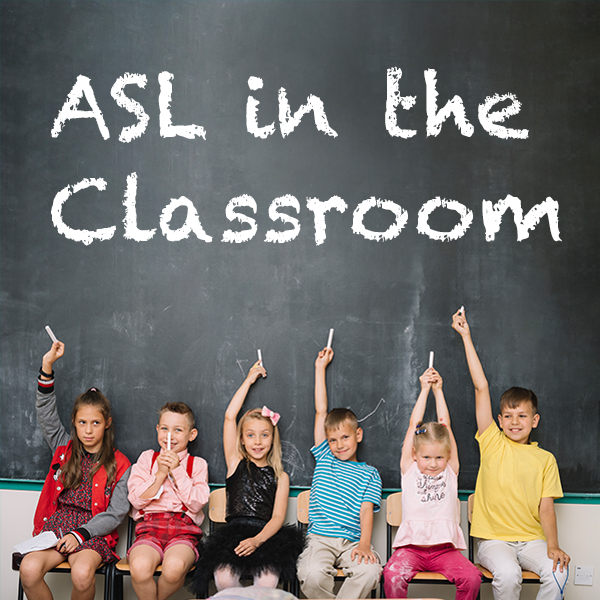
Create structure
Make a routine for your child and stick to it every day. Establish rituals around meals, homework, playtime, and bedtime. Simple daily tasks, such as having your child lay out his or her clothes for the next day, can provide essential structure.
Break tasks into manageable pieces
Try using a large wall calendar to help remind a child of their duties. Color coding chores and homework can keep your child from becoming overwhelmed with everyday tasks and school assignments. Even morning routines should be broken down into discrete tasks.
Simplify and organize your child’s life
Create a special, quiet space for your child to read, do homework, and take a break from the chaos of everyday life. Keep your home neat and organized so that your child knows where everything goes. This helps reduce unnecessary distractions.
Limit distractions
Children with ADHD welcome easily accessible distractions. Television, video games, and the computer encourage impulsive behavior and should be regulated.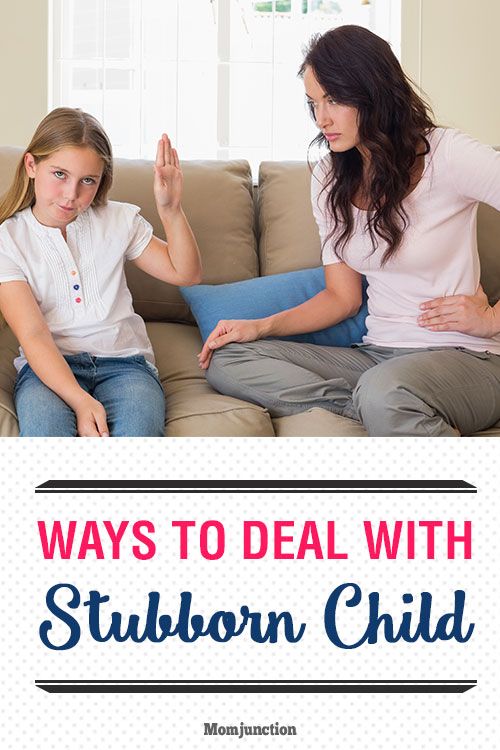 By decreasing time with electronics and increasing time doing engaging activities outside the home, your child will have an outlet for built-up energy.
By decreasing time with electronics and increasing time doing engaging activities outside the home, your child will have an outlet for built-up energy.
Encourage exercise
Physical activity burns excess energy in healthy ways. It also helps a child focus their attention on specific movements. This may decrease impulsivity. Exercise may also help to improve concentration, decrease the risk for depression and anxiety, and stimulate the brain in healthy ways. Many professional athletes have ADHD. Experts believe that athletics can help a child with ADHD find a constructive way to focus their passion, attention, and energy.
Regulate sleep patterns
Bedtime may be an especially difficult for children suffering from ADHD. Lack of sleep exacerbates inattention, hyperactivity, and recklessness. Helping your child get better sleep is important. To help them get better rest, eliminate stimulants like sugar and caffeine, and decrease television time. Establish a healthy, calming bedtime ritual.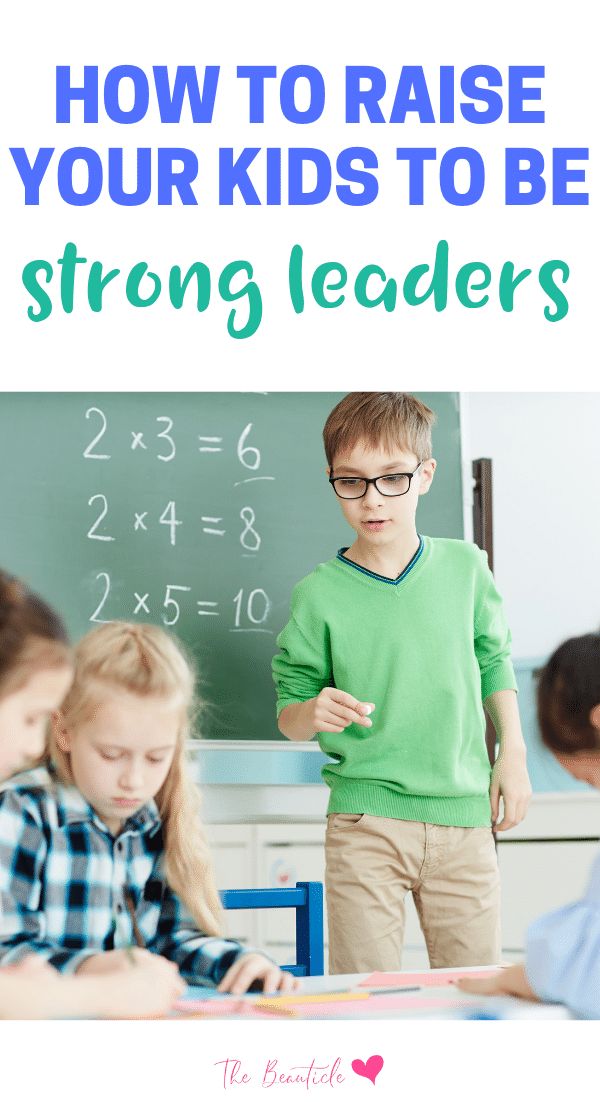
Encourage out-loud thinking
Children with ADHD can lack self-control. This causes them to speak and act before thinking. Ask your child to verbalize their thoughts and reasoning when the urge to act out arises. It’s important to understand your child’s thought process in order to help him or her curb impulsive behaviors.
Promote wait time
Another way to control the impulse to speak before thinking is to teach your child how to pause a moment before talking or replying. Encourage more thoughtful responses by helping your child with homework assignments and asking interactive questions about a favorite television show or book.
Believe in your child
Your child likely doesn’t realize the stress that their condition can cause. It’s important to remain positive and encouraging. Praise your child’s good behavior so they know when something was done right. Your child may struggle with ADHD now, but have confidence in your child and be positive about their future.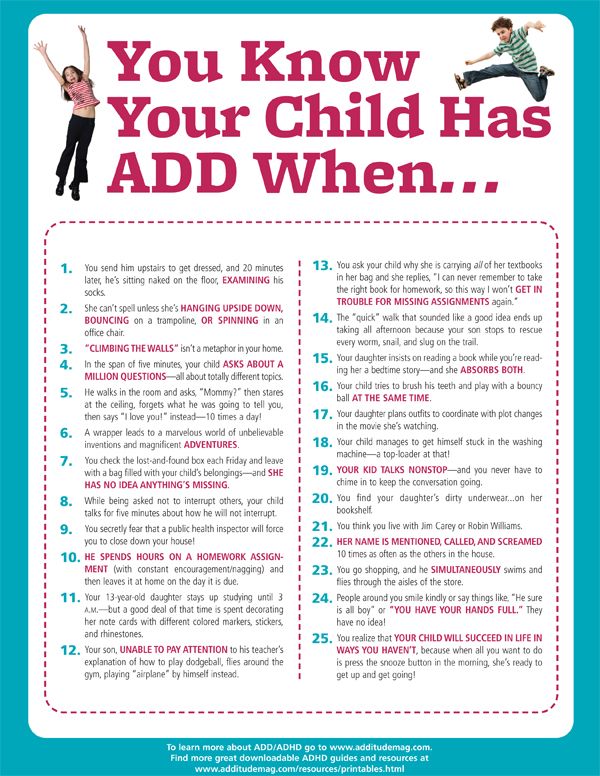
Find individualized counseling
You can’t do it all. Your child needs your encouragement, but they also need professional help. Find a therapist to work with your child and provide another outlet for them. Don’t be afraid to seek assistance if you need it. Many parents are so focused on their children that they neglect their own mental needs. A therapist can help manage your stress and anxiety as well as your child’s. Local support groups may also be a helpful outlet for parents.
Take breaks
You can’t be supportive 100 percent of the time. It’s normal to become overwhelmed or frustrated with yourself or your child. Just as your child will need to take breaks while studying, you’ll need your own breaks as well. Scheduling alone time is important for any parent. Consider hiring a babysitter. Good break options include:
- going for a walk
- going to the gym
- taking a relaxing bath
Calm yourself
You can’t help an impulsive child if you yourself are aggravated.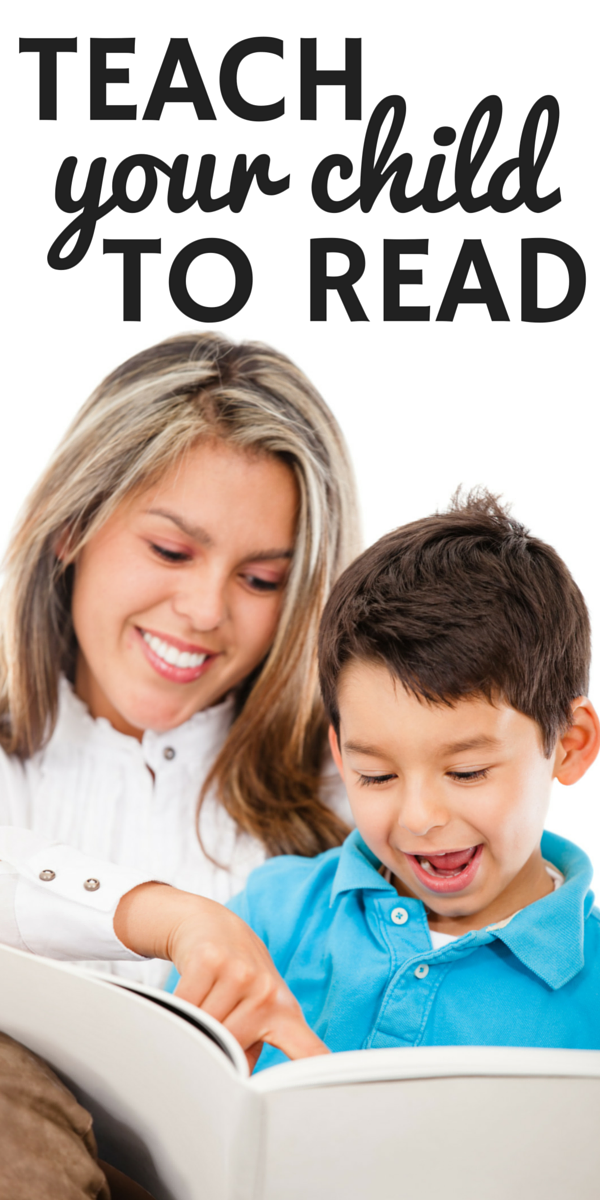 Children mimic the behaviors they see around them, so if you remain composed and controlled during an outburst, it will help your child to do the same. Take time to breathe, relax, and collect your thoughts before attempting to pacify your child. The calmer you are, the calmer your child will become.
Children mimic the behaviors they see around them, so if you remain composed and controlled during an outburst, it will help your child to do the same. Take time to breathe, relax, and collect your thoughts before attempting to pacify your child. The calmer you are, the calmer your child will become.
Don’t sweat the small stuff
Be willing to make some compromises with your child. If your child has accomplished two of the three chores you assigned, consider being flexible with the third, uncompleted task. It’s a learning process and even small steps count.
Don’t get overwhelmed and lash out
Remember that your child’s behavior is caused by a disorder. ADHD may not be visible on the outside, but it’s a disability and should be treated as such. When you begin to feel angry or frustrated, remember that your child can’t “snap out of it” or “just be normal.”
Don’t be negative
It sounds simplistic, but take things one day at a time and remember to keep it all in perspective.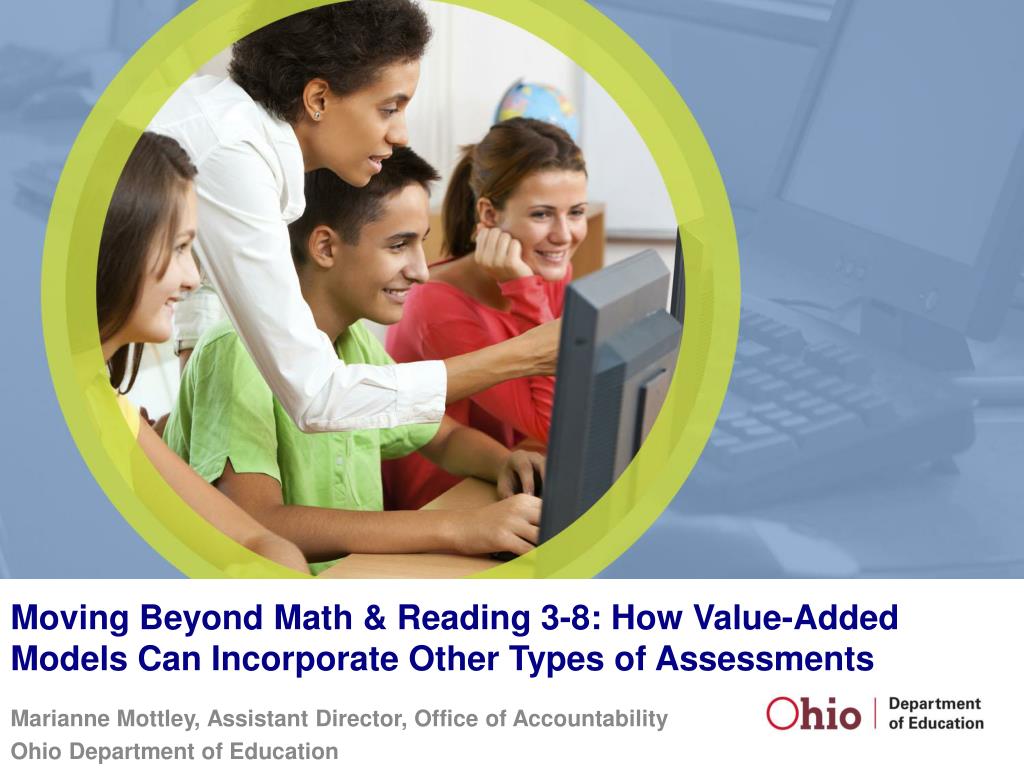 What is stressful or embarrassing today will fade away tomorrow.
What is stressful or embarrassing today will fade away tomorrow.
Don’t let your child or the disorder take control
Remember that you are the parent and, ultimately, you establish the rules for acceptable behavior in your home. Be patient and nurturing, but don’t allow yourself to be bullied or intimidated by your child’s behaviors.
Parenting a Child With ADHD (for Parents)
How ADHD Affects Kids
ADHD causes kids to be more inattentive, hyperactive, and impulsive than is normal for their age. ADHD makes it harder for kids to develop the skills that control attention, behavior, emotions, and activity. As a result, they often act in ways that are hard for parents manage.
For example, because they are inattentive, kids with ADHD may:
- seem distracted
- seem not to listen
- have trouble paying attention
- not follow directions well
- need many reminders to do things
- show poor effort in schoolwork
- have trouble getting organized
Because they are hyperactive, kids with ADHD may:
- climb, jump, or roughhouse when it's time to play quietly
- fidget and seem unable to sit still
- rush instead of take their time
- make careless mistakes
- be on the go (constantly in motion)
Because they are impulsive, kids with ADHD may:
- interrupt a lot
- blurt out
- do things without thinking
- do things they shouldn't, even though they know better
- have trouble waiting, taking turns, or sharing
- have emotional outbursts, lose their temper, or lack self-control
At first, parents might not realize that these behaviors are part of ADHD.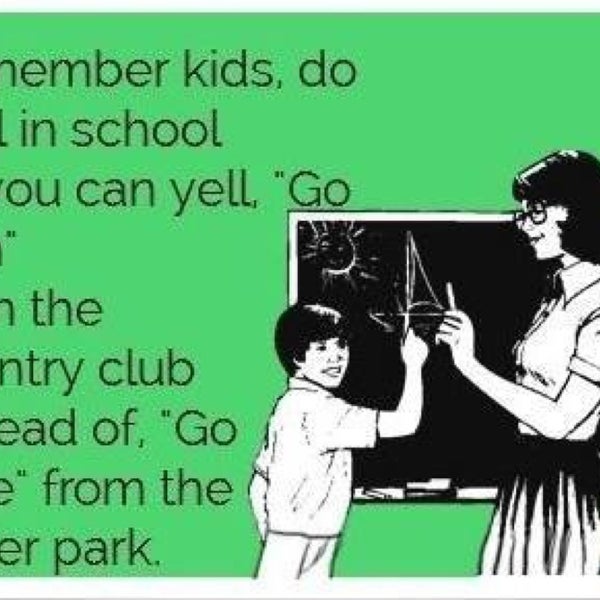 It may seem like a child is just misbehaving. ADHD can leave parents feeling stressed, frustrated, or disrespected.
It may seem like a child is just misbehaving. ADHD can leave parents feeling stressed, frustrated, or disrespected.
Parents may feel embarrassed about what others think of their child's behavior. They may wonder if they did something to cause it. But for kids with ADHD, the skills that control attention, behavior, and activity don't come naturally.
When parents learn about ADHD and which parenting approaches work best, they can help kids improve and do well.
How Parents Can Help?
Parenting is as important as any other part of ADHD treatment. The way parents respond can make ADHD better — or worse.
If your child has been diagnosed with ADHD:
Be involved. Learn all you can about ADHD. Follow the treatment your child's health care provider recommends. Go to all recommended therapy visits. If your child takes ADHD medicines, give them at the recommended time. Don't change the dose without checking with your doctor. Keep your child's medicines in a safe place where others can't get to them.
Know how ADHD affects your child. Every child is different. Identify the problems your child has because of ADHD. Some kids need to get better at paying attention and listening. Others need to get better at slowing down. Ask your child's therapist for tips and ways you can help your child practice and improve.
Focus on teaching your child one thing at a time. Don't try to work on everything at once. Start small. Pick one thing to focus on. Praise your child's effort.
Work with your child's school. Talk with your child's teacher to find out if your child should have an IEP or 504 plan. Meet often with teachers to find out how your child is doing. Work with the teacher to help your child do well.
Connect with others for support and awareness. Join a support organization for ADHD like CHADD to get updates on treatment and info, etc.
Find out if you have ADHD. ADHD often runs in families.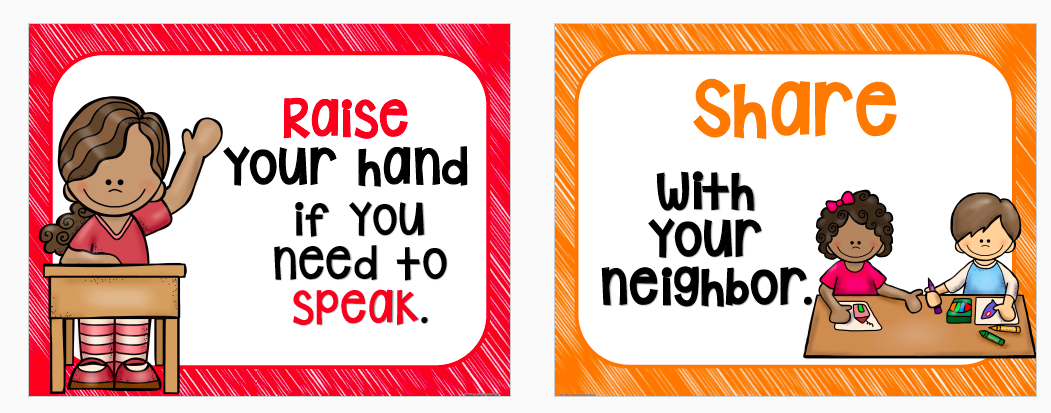 Parents (or other relatives) of kids with ADHD might not know they have it too. When parents with ADHD get diagnosed and treated, it helps them be at their best as parents.
Parents (or other relatives) of kids with ADHD might not know they have it too. When parents with ADHD get diagnosed and treated, it helps them be at their best as parents.
Discipline with purpose and warmth. Learn what discipline approaches are best for a child with ADHD and which can make ADHD worse. Get coaching from your child's therapist on ways to respond to your child's behaviors. Kids with ADHD might be sensitive to criticism. Correcting their behavior is best done in a way that's encouraging and supportive rather than punishing.
Set clear expectations. Before you go somewhere, talk with your child to explain how you want them to behave. Focus more energy on teaching your child what to do, rather than reacting to what not to do.
Talk about it. Don't shy away from talking with your child about ADHD. Help kids understand that having ADHD is not their fault, and that they can learn ways to improve the problems it causes.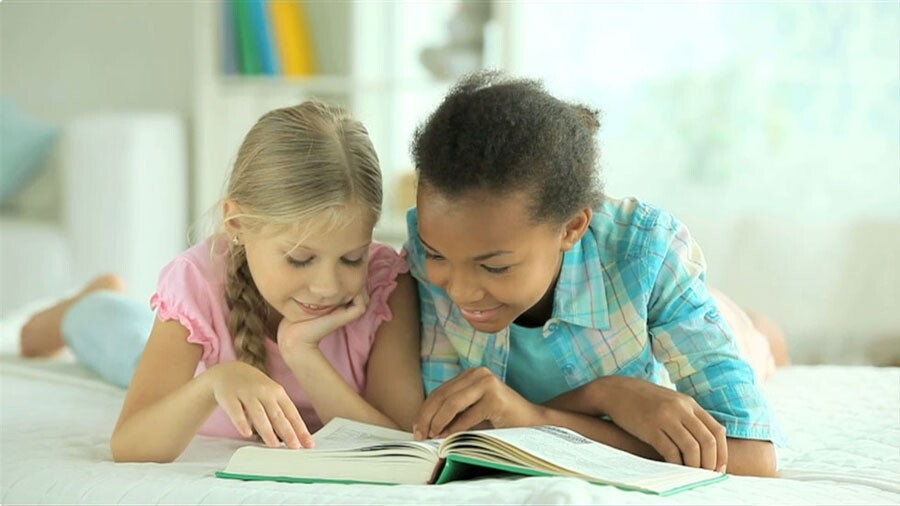
Spend special time together every day. Make time to talk and enjoy relaxing, fun activities with your child — even if it's just for a few minutes. Give your child your full attention. Compliment positive behaviors. Don't over-praise, but do comment when your child does something good. For example, when your child waits their turn, say, "You're taking turns so nicely."
Your relationship with your child matters most. Kids with ADHD often feel they're letting others down, doing things wrong, or not being "good." Protect your child's self-esteem by being patient, understanding, and accepting. Let your child know you believe in them and see all the good things about them. Build resilience by keeping your relationship with your child positive and loving.
Reviewed by: Shirin Hasan, MD
Date reviewed: May 2022
How to raise an independent and responsible child? 10 tips - article - Corporation Russian textbook (Drofa-Ventana publishing house)
Being responsible means being able to make decisions on your own and consciously implement them. Independence is not a heavy burden, but a system of skills and values that are useful and important for later life. It will be easier and more comfortable to live with them, make friends and achieve goals.
Independence is not a heavy burden, but a system of skills and values that are useful and important for later life. It will be easier and more comfortable to live with them, make friends and achieve goals.
This is the kind of understanding a child should come to. He must realize that responsibility gives a person respect from others, confidence in himself and his strengths, the possibility of self-control and control over various life situations, and also brings meaning to life itself. Children, like all of us, need to feel that they are important to this world and can make a meaningful contribution to it.
We are not born with the ability to take responsibility for our actions, but acquire these qualities throughout our lives. And how correctly parents, teachers and educators can approach the issue of developing responsibility in a child, how responsible and independent he will grow.
Pay attention to an important nuance: children will be responsible to the extent that we support and guide them.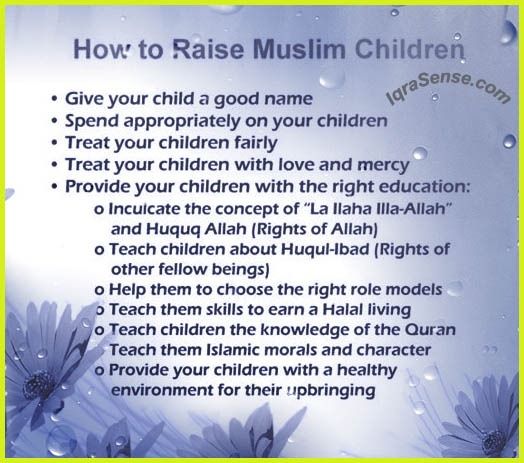
10 Ways to Raise a Responsible Child
1. Learn to clean up after yourself
If your child accidentally spilled a glass of milk, broke a cup, scattered shoes along the corridor so that the laces fall like vines on his nose, do not rush:
a) scold him;
b) put things in order.
Say:
“There is nothing wrong with spilled milk. We will clean everything together now. Help me please!
Then the child will not feel fear and try to lie that it is not his fault.
He will learn to clean up any mess on his own much faster if you treat the situation with understanding. Ask your child for help, even if you think it would be easier to do everything on your own.
Situation: five-year-old Olya left her shoes in the middle of the corridor. Pick them up, call the girl and politely ask to put the shoes in the locker:
- We always put our things away.
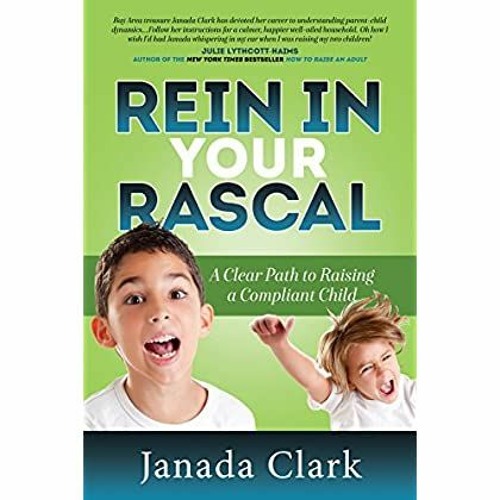
If your approach is positive and friendly, the child will not become defensive and refuse cleaning, but will want to help himself.
2. Learning to take care of the family
Find healthy child habits that make a positive contribution to family well-being. It can be friendly communication with a brother or sister, drawing or singing, weekly cleaning with dad to the music, phone calls with relatives, etc. Celebrate this by praising the child, saying that such actions benefit the whole family. Then such behavior will become a pleasant habit for him, and not at all a duty.
As your children get older, their “contributions” may increase accordingly both inside and outside the family. Children should share two kinds of responsibilities: self-care and contributing to the well-being of the family. Research shows that children who help around the house are more likely to offer to help others in other life situations.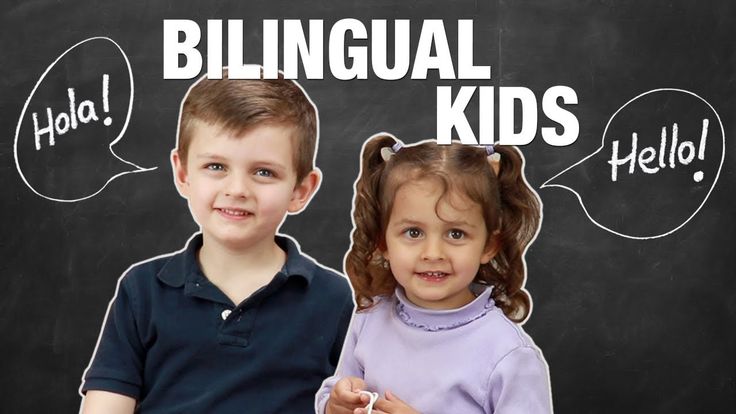
3. The main thing is desire
If you do not want your child to perceive his contribution to "family duties" as hard work, but treat this activity with pleasure, do not force him to do household chores. Let him have a desire.
Your goal is not to get the child to do some work, but to motivate the child and nurture in him the desire to be useful and responsible. Make work fun. Give as much support and help as circumstances require. Screaming and coercion are never an option. You will achieve a one-time victory, and Senya, Vanya, Sasha and Alina will simply hate washing dishes, cleaning up toys, folding clothes on a shelf and packing a backpack on their own.
Some children become responsible very easily, others require a lot of time and parental patience to develop this quality. But the goal is clearly worth the effort!
4. We teach to show independence and help around the house
The child may have their own household chores. Such duties do not have to be important and can take the form of a game.
Such duties do not have to be important and can take the form of a game.
It is important to understand that with the help of even small assignments, the child understands what duties are and what is expected of him. It may be as simple as making your bed every morning or putting the dishes in the sink after breakfast, but the child must follow this habit every day.
Important: if you don't maintain discipline and break your own rules of the game, for example, by allowing "just today to go play, don't help with the dishes", the little person will not develop a logical chain. Or rather, it will obviously not turn out the way one would like: “today you can not do it, which means that it is always optional.”
When the child goes to school, the task can be made more difficult: not only to remove your dishes from the table, but also to wash them. This helps to develop the necessary skills of household responsibility.
5. Stop criticizing
A very difficult point, right? Especially if you think that the child should clean his room, just like you yourself did a long time ago.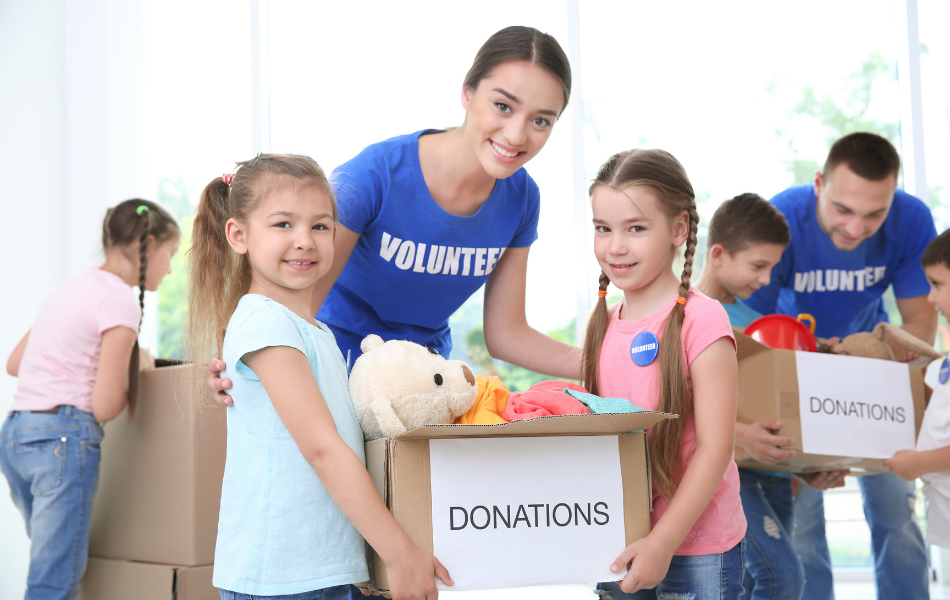 But your child is not you. And you are not your parents.
But your child is not you. And you are not your parents.
Try to be patient when the child forgets to do something or does not complete the task the way you would like. When something goes wrong, take it with humor.
In the morning, instead of shouting: “Brush your teeth! Get your backpack!" You may be asking, “What else do you need to do to get ready for breakfast? It looks like we forgot something! And the briefcase is somehow suspiciously light... We must have got a thief mouse!”
Your task is to teach the child to be responsible for his duties, while maintaining a relaxed atmosphere.
6. Creating the necessary conditions
In order for a child to become independent and responsible, it is necessary to create comfortable conditions for him not only psychologically, but also in everyday life. Give him the "equipment" he needs for self-discipline. If you want your baby to wake up on time, provide him with an alarm clock. If you want to keep their desk organized, make sure your child has things to store stationery. Give your child the tools and let them organize their work.
If you want your baby to wake up on time, provide him with an alarm clock. If you want to keep their desk organized, make sure your child has things to store stationery. Give your child the tools and let them organize their work.
Additionally: a child is very motivated if you allow him to choose things for storage, stationery, calendars and planners, decor in the room. Go to the site with him (it’s not possible to go to Ikea or another furniture store yet) and start choosing items. If the child has the opportunity to make the space "his own", he will be very pleased to keep it clean.
7. We give the child the opportunity to figure it out on his own
Parents try to protect the child from all problems and hardships. Very often this is of an exaggerated nature, and children enter adulthood unprepared. A teenager must understand that around him is a rather complex world, where everyone has their own tasks and obligations.
As parents, you should always be ready to listen to your child and come to his aid if he asks for it. But do not forget that sometimes children themselves need to analyze their actions, behavior and the ensuing consequences.
But do not forget that sometimes children themselves need to analyze their actions, behavior and the ensuing consequences.
8. Encourage
Sometimes children benefit from work experience for a certain fee. It is not necessary to start with large sums. Try to negotiate with your child about those tasks that are not included in his usual daily routine: washing the car, weeding the garden, watering the flowers, etc. Gradually, you can offer him to do something more substantial, for example, a part-time job during the holidays. In this way, you will prepare the child for an adult and responsible life, where everything has its price.
Example: sixth grader Katya really wanted to get a new book about her favorite wizard, but her birthday has already passed. Mom and dad suggested that Katya make a list of things she could help with around the house and play on a "working day" with a real salary and motivating bonuses. For two weeks, Katya helped her mother with dinner, her younger brother with lessons, and her father in the yard, regularly cleaned the room and walked Dink's dog.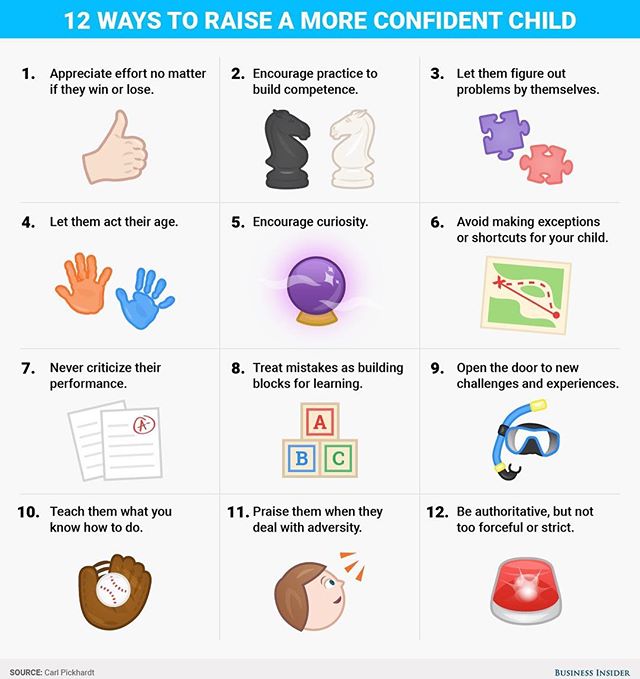
9. Learn to make a schedule
This may seem redundant to some, but in modern life, scheduling and scheduling is considered an extremely useful skill.
Sit down together, take a sheet of paper, write the day of the week and the time on it. Then ask the child what he needs to do these days, what plans he has. He will say something himself, you will help him remember something. These may be the most insignificant things, but it is better to include them in the schedule too.
Most children find that this kind of planning reduces their stress levels because they know what to do and when. But most importantly, it helps to manage your time properly and treat your obligations responsibly.
10. Strive to be a good example
Children learn and discover the world through their own observations and parents. They subtly notice exactly how you communicate, behave in everyday life, what your manner of speaking is, and how you yourself keep promises and treat your duties.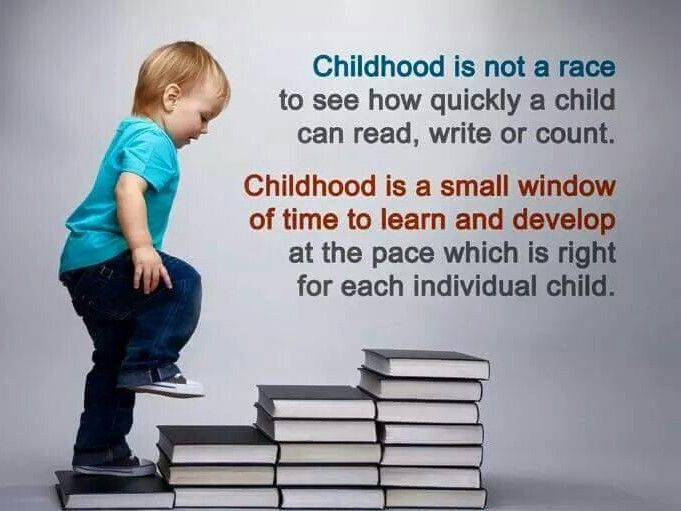
If you yourself are responsible for your actions, then the child will begin to imitate your behavior.
Example 1 Negative
— Oh, the cup broke! Well, I'm crooked, huh!
You scold yourself for a minor mistake, the child sees that any of his mistakes in the future will lead to an unpleasant feeling of resentment and, probably, censure from others.
Example 2 Negative
— The cup is broken. Probably, dad left her on the edge again! Well, I told you a hundred times to put it in the closet, you dumbass!
It is impossible to scold relatives in front of a child under any circumstances. There should be harmony in the family - observing your relationships with loved ones, the child builds his own patterns of behavior. And here there is also a transfer of responsibility. It was not mom who broke the cup, but dad is to blame for everything, the "blunder".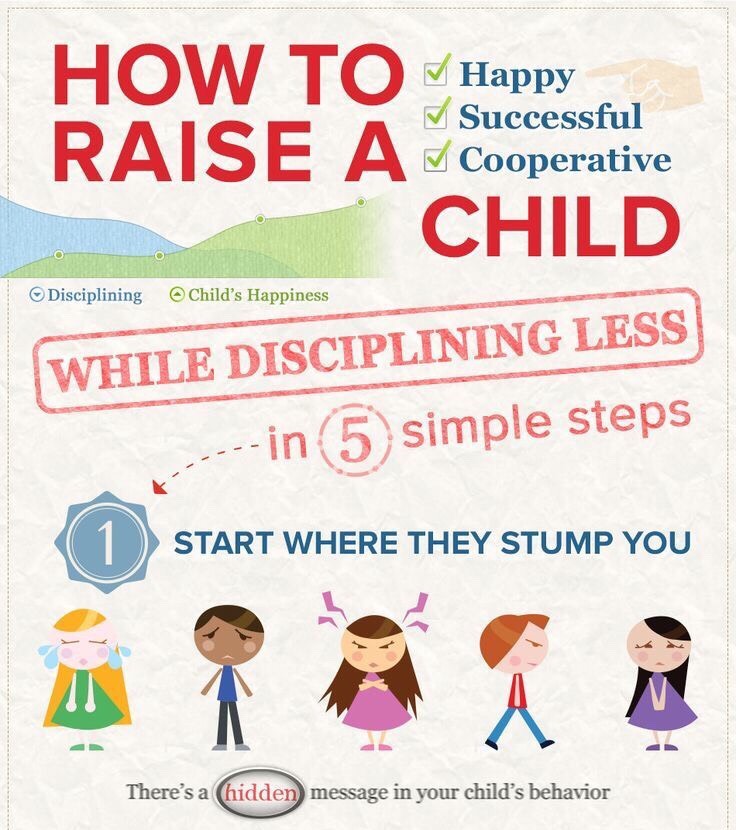 Double negative lesson.
Double negative lesson.
Example 3. Positive
“Oops, the cup broke. It's OK! I'll be more careful next time. Right, Sasha? We all need to be a little more careful. Let's organize an operation to save the floor from fragments. Bring a broom, I will correct mistakes, and you will help me.
Every age has its own responsibilities
Another question that parents often ask is: at what age can you ask a child to do something on their own?
The list of responsibilities below is just a guide and should be adapted to your situation and your child. Do not forget to gradually increase the degrees of freedom and responsibility that you offer children. And try to give them as much help as they need to successfully complete the level of the quest "until they master it comfortably.
What babies can be responsible for:
- What to wear.
- Eat on their own (unless they ask for your help).
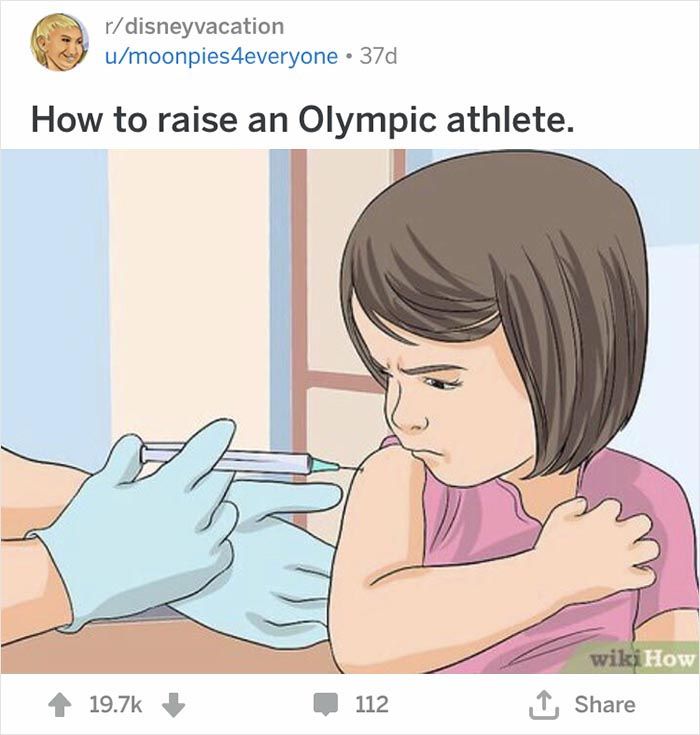
- What book to read, even if parents read aloud to them.
- What toys to play with.
- When to go to the toilet.
What can preschoolers be responsible for (3-5):
- All of the above, plus:
- Their own clothes (within the appropriate season, safety and propriety).
- Their own rooms.
- How much food do you need.
- With whom and when to play.
- Whether to attend social events to which the child is invited (excluding mandatory family events).
What can school-age children be responsible for (6 to 9 years):
- All of the above, plus:
- What hairstyle to wear.
- How to spend pocket money.
- When to do homework.
- How to pass the time (after completing basic duties such as homework).
- What kind of sports or physical activity to engage in (the choice of circles is similar).
What can 10-12 year olds be responsible for:
- All of the above, plus:
- Self-care: nails, hair, body.
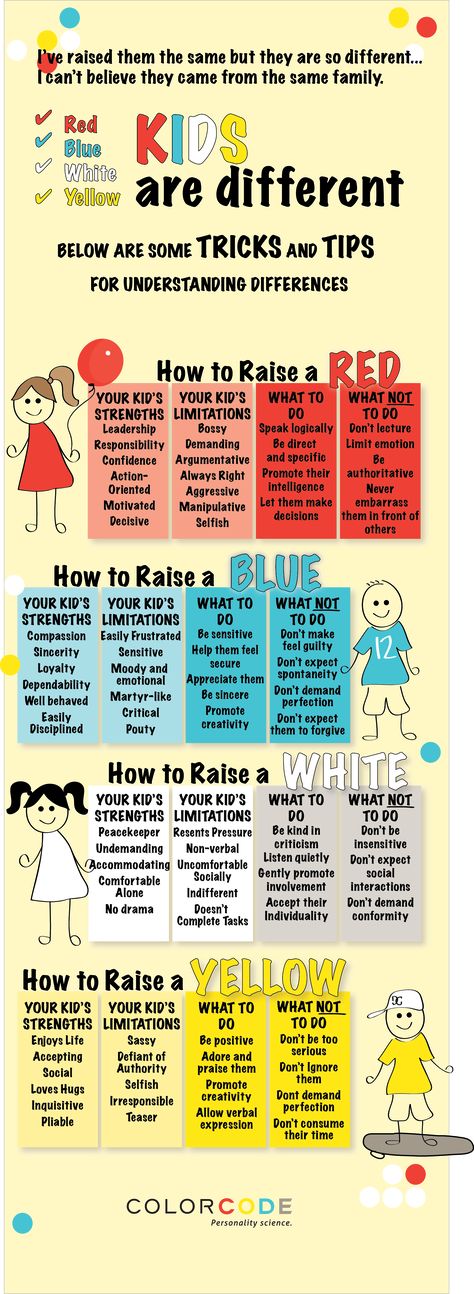
- Choose routes and company for walks (within acceptable limits).
- Stay alone at home.
What teenagers aged 13-15 can be responsible for:
- Choose the hours of the morning (with the condition that everything needs to be on time).
- Wash clothes yourself.
- Temporary changes in appearance.
- Ride the bus or subway.
- Go to the cinema and other events where you need to pay with friends.
- Earn money not at the expense of learning.
- Control your budget.
And most importantly - do not forget to praise the child for any manifestation of independence. Be sure to note when he did his homework, took out the trash, or showed other initiative. So he will understand that independence is not a burden, but a skill that allows you to earn the respect of others, and which is followed by the expansion of "freedom".
Additional education.
 What is it for and how to choose its direction?
What is it for and how to choose its direction? home
Parents
How to raise a child?
Additional education. What is it for and how to choose its direction?
- Tags:
- Expert advice
- 7-12 years
- teenager
Every parent wants their child to be fully developed. Therefore, additional education comes to the aid of general education. In other words, the time free from one type of education is also spent on education, only another: satisfying the creative needs of the child and his desires.
But then the child has less and less time for the most ordinary games and walks. How to find a balance between employment and freedom - and is it necessary?
Why do I need additional education?
The main task of additional education is the realization of children's innate abilities and the acquisition of new abilities. Each person has a whole arsenal of hidden abilities that are important to discover and develop in time.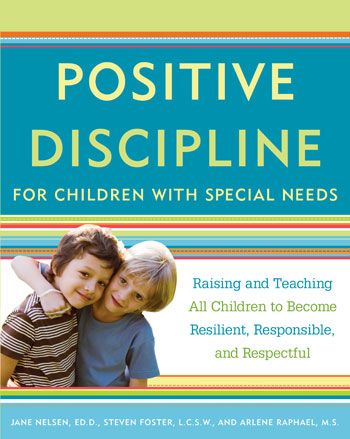 Development is the main direction of any extracurricular activity.
Development is the main direction of any extracurricular activity.
Additional education is connected with the process of upbringing. Through additional educational programs, a number of educational tasks are solved. Moreover, this happens unobtrusively, in the process of activity, without notations and moralizing.
The opportunities for additional education are enormous. Let's list just a few of them:
-
Like-minded people gather in a small team - children united by a common activity. Here universal human values are promoted, the desire to express oneself is respected, any manifestation of activity, independence and creativity is encouraged.
-
Additional education is always aimed at the individual, taking into account his level and abilities. It is purely individual: even in a group of children, each has its own tasks.
-
Additional education has great potential and can fulfill any need:
- artistic;
- physical culture and sports;
- military-patriotic;
- socio-pedagogical;
- culturological;
- technical.
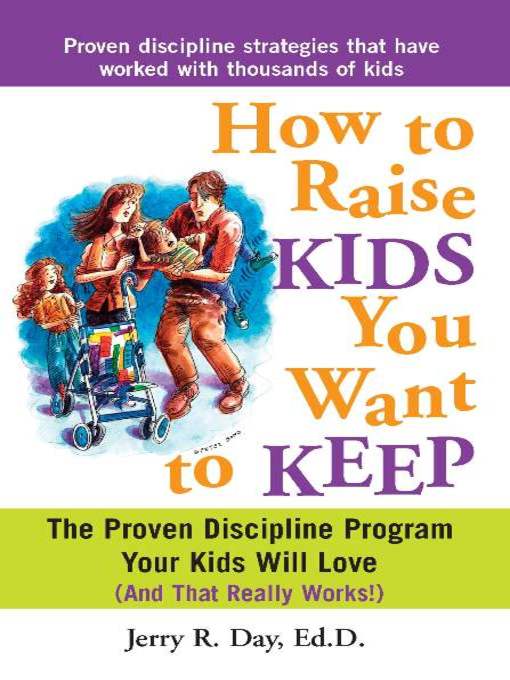
-
Additional education contributes to the prevention of antisocial behavior of children and adolescents, providing employment in their free time.
-
Additional education systematizes the interests of the child, orienting him to his future professional activity.
-
Additional education contributes to the socialization of children.
The school gives the child a general education, and it is the additional education that contributes to the multifaceted development of the personality.
How to choose the direction of additional education?
There are several options for choosing an additional program.
Option 1. We try everything that is interesting to the child.
Remember the rhyme about Lida Agnia Barto?
Drama circle, photo circle,
Horkruzhok - I want to sing,
For a drawing circle
Everyone voted too.
And so the girl Lida is looking for herself, because she is interested in everything.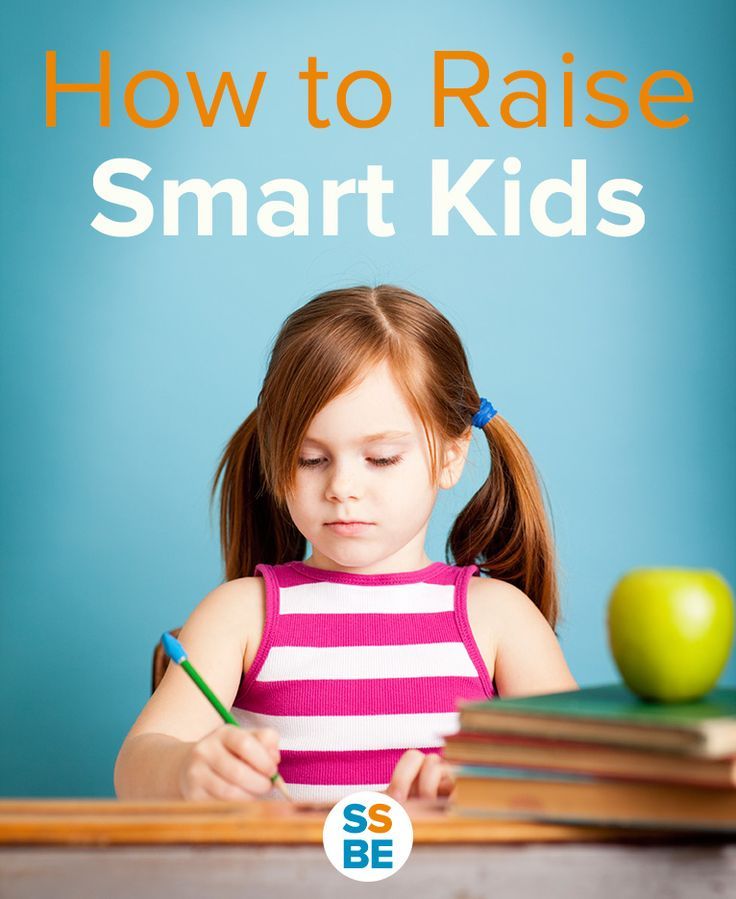 Of course, at some stage there will be a “spraying” of the child. But to understand whether you like a dish or not, you can only try it. Therefore, it is quite acceptable to allow the child to search for himself, the main thing is that the search process is not endless.
Of course, at some stage there will be a “spraying” of the child. But to understand whether you like a dish or not, you can only try it. Therefore, it is quite acceptable to allow the child to search for himself, the main thing is that the search process is not endless.
Option 2. We guide the child according to his abilities.
It can be difficult to correctly determine the abilities of children, since there is not always an opportunity for their manifestation. Maybe your son is great at curling. But how can you understand this if there is no corresponding section in your city? In any case, it is important to pay attention to any manifestation of children's interests.
To assess the child's abilities as objectively as possible, answer the following questions:
- What does your child do when he is alone?
- What actions does he repeat after adults?
- What qualities did nature endow him with: activity, sociability, flexibility, speed, plasticity, artistic abilities, etc.
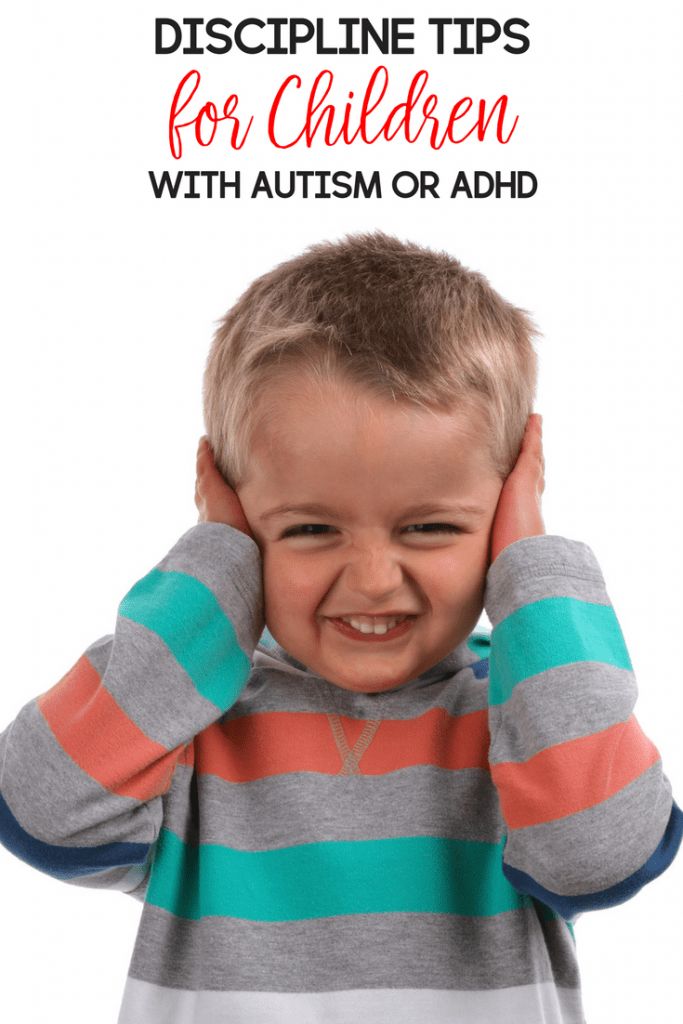
By comparing all the answers, you can determine the direction of development for the child.
Option 3. We occupy the child's free time.
It is likely that you have a completely ordinary child without outstanding abilities and interests. In this case, the main task of additional education is to occupy the child in order to prevent any negative impacts on his fragile psyche. In this case, you need to choose something simple, accessible to everyone, but very exciting.
If two principles work: accessible and interesting, then your child will quickly get involved in the activity.
As for the direction itself, here the priority will be the territorial location of the children's association.
Should a child have free time?
Additional education is implemented in free time from the main activity, that is, outside of study and preparation for it. First you need to determine the amount of free time and its scope.
So, we take the end time of the lessons, add the way from school to it, take into account lunch, dinner and homework preparation time. Somewhere between these periods is free time.
Now it is important to determine the scope of free time.
-
If your child has enough endurance and school lessons do not cause him severe physical fatigue, then you can include additional education in the time period after school. This will unload the child's psyche and provide an opportunity for relaxation. As you know, the best rest is a change of activity.
-
If the child is physically weak, then immediately after school it is better to give the child the opportunity for normal rest, inactive. After a short “quiet hour”, the child can be asked to complete homework, and only after that go to additional classes. This is due to the fact that the child may receive excessive psychological stress during extra classes, which will not allow him to concentrate on the lessons later.
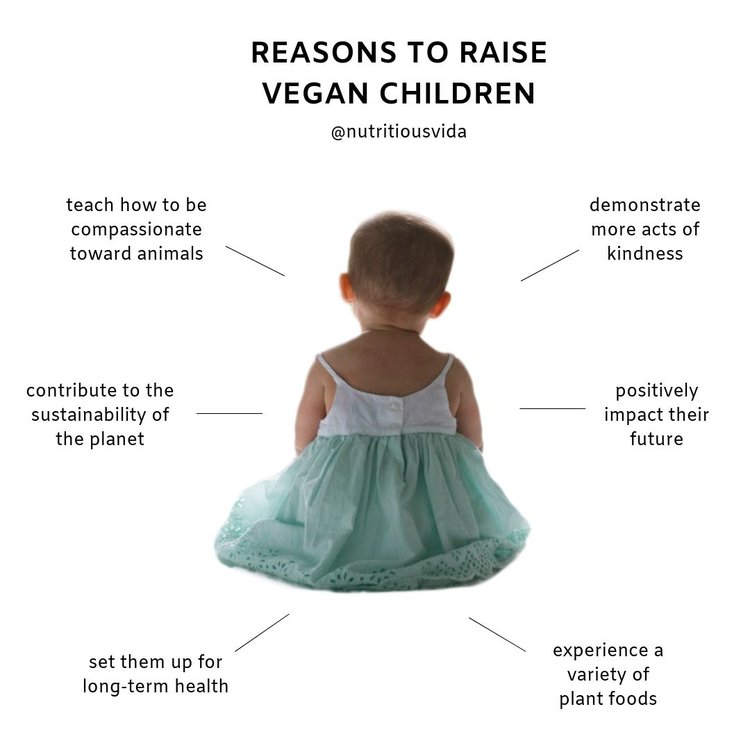
-
If your family does not have a family holiday tradition, include additional education in your weekend plans.
Free time in its full understanding should be, but within reasonable limits. The child should not be bored and look for something to do, otherwise you can “stumble upon” very dangerous things on the Internet or in thoughtless wandering around the area. Free time can be spent reading a book, watching your favorite movie, chatting with friends. Yes, parents should control the children's daily routine, but you can not control every second of the child's life. It is important to create a balance.
And yet, being carried away by various types of education, do not release the child from everyday labor duties. Help around the house, taking care of yourself and your loved ones should not be replaced by a pseudo-striving for comprehensive development. In this case, you risk missing another important point of education - moral.
Svetlana Sadova
What talent does your child have?
Every child has many talents.